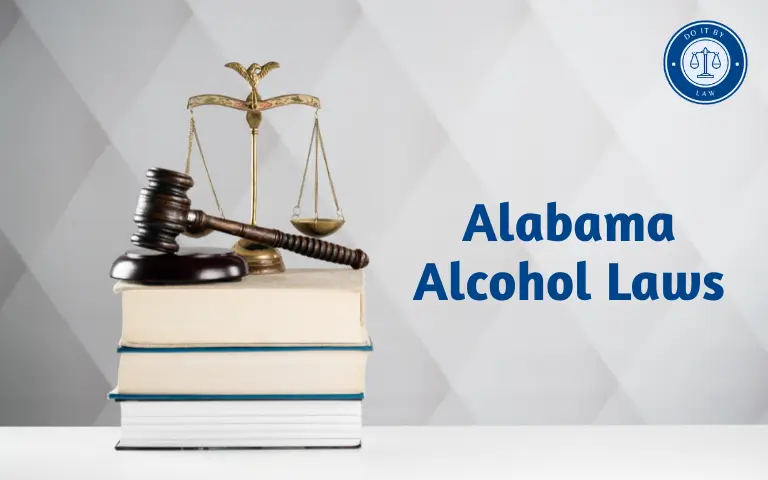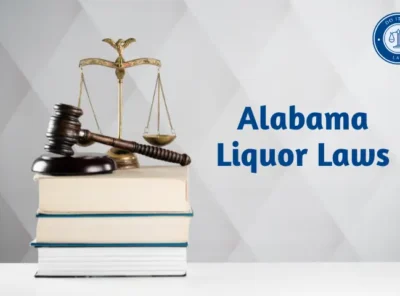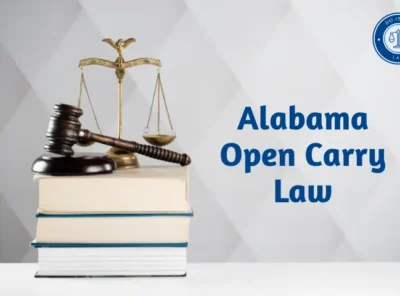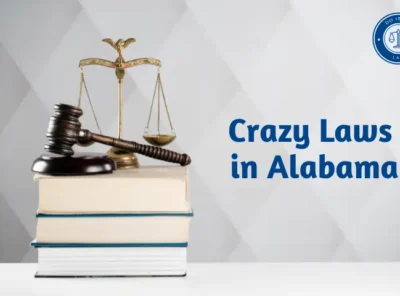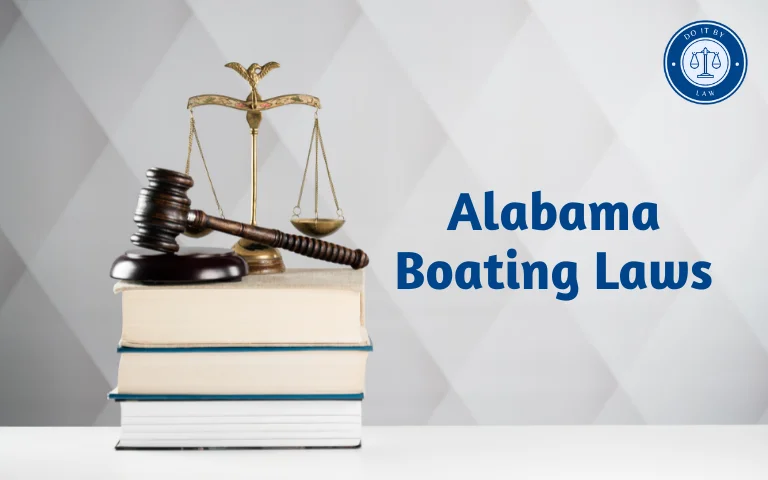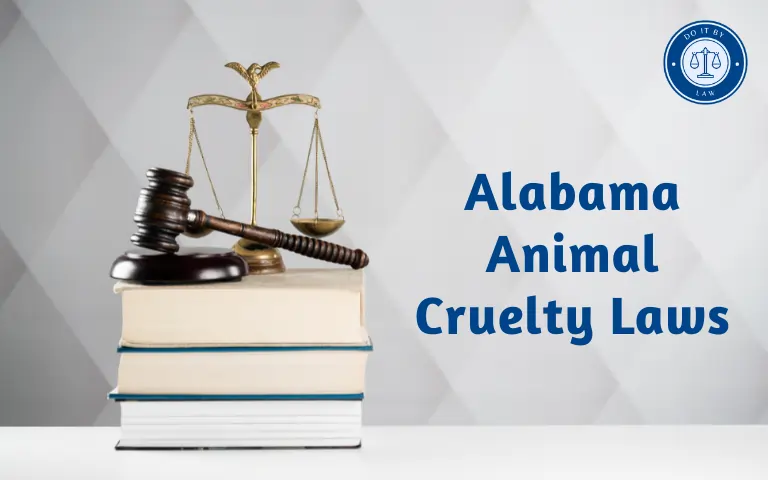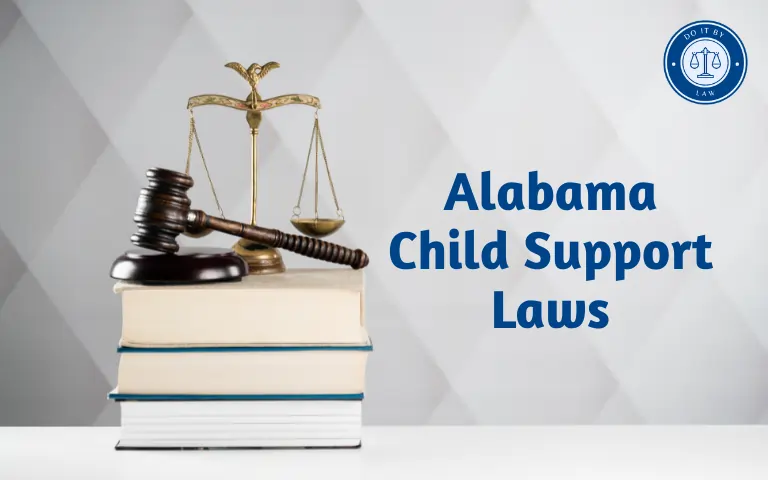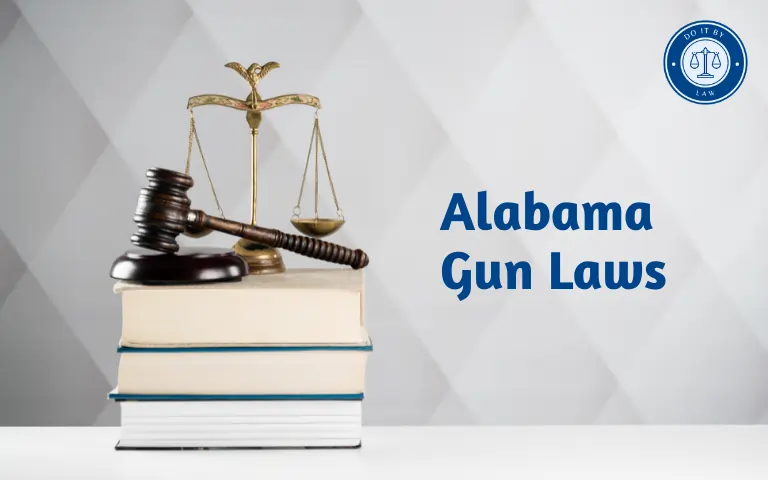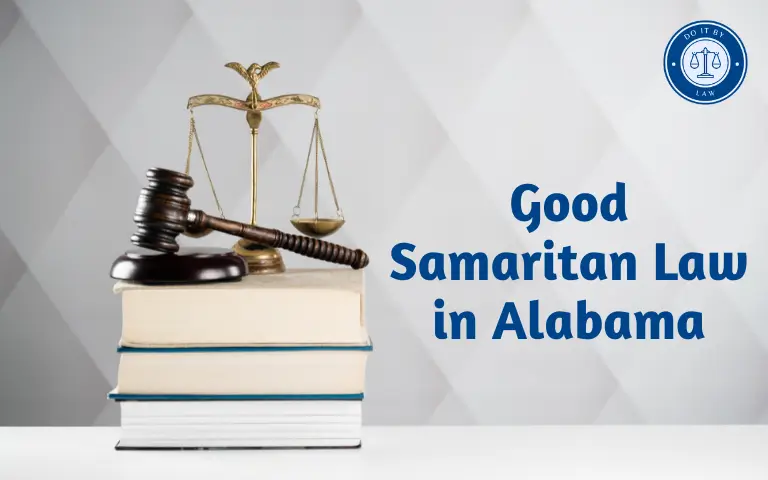Alabama Alcohol Laws: What You Need to Know
Alabama has a complex set of alcohol laws regulating the sale, serving, possession, use, manufacturing, and transport of beer, wine, spirits, and other alcoholic beverages within the state. This comprehensive guide summarizes key aspects of Alabama alcohol laws and statutes, regulations, and procedures that both residents and visitors should understand.
History of Alabama Alcohol Laws
The state of Alabama first began passing laws restricting alcohol in 1907, though statewide prohibition did not fully take effect until 1915. After the repeal of nationwide prohibition in 1933, Alabama established an alcohol control board and enacted a liquor licensing system. Additional legislation continued evolving over the decades regulating licensing, sales, purchasing, taxation, manufacturing, and consumption of alcoholic beverages in the state.
Reasons these alcohol restrictions were enacted include:
- Generating tax revenue from alcohol sales and production.
- Attempting to promote public health and safety.
- Placating political interests and lobbying groups like churches and temperance leagues.
- Exercising control over a lucrative business sector.
- Imposing public morality beliefs about alcohol use on society.
Who Alabama Alcohol Laws Apply To
Alabama’s wide range of alcohol statutes and regulations apply to:
- All residents and visitors who consume or purchase any alcoholic beverages within state borders. This includes citizens as well as tourists or temporary workers.
- Bartenders, waitstaff, and other servers who dispense alcoholic drinks at bars, restaurants, private clubs, banquet halls, or special events.
- Businesses that sell alcohol in Alabama include liquor stores, grocery stores, gas stations, breweries, wineries, distributors, etc.
- Companies and individuals involved in manufacturing alcoholic beverages like brewing beer or distilling liquor in the state.
- Drivers and boat operators violating DUI laws and open container prohibitions.
- Law enforcement agencies and officers who enforce alcohol rules and regulations.
- State and local regulatory agencies that oversee licensing and compliance.
Simply being unaware of Alabama’s alcohol laws is not a valid legal excuse. Any person or business involved in the production, distribution, sale, serving, or consumption of alcohol must follow all applicable state statutes, local regulations, permit and license requirements, and other alcohol control rules. Violators face civil and criminal penalties.
Key Provisions and Restrictions of Alabama Alcohol Laws
Alabama regulates many aspects of alcohol through its statutes and liquor control board policies. Some key provisions include:
Minimum Legal Drinking Age
- 21 years of age is the legal minimum to purchase, possess, or consume alcohol in Alabama. Providing alcohol to underage individuals is illegal with exceptions only for certain employment, religious, or family contexts.
Alcohol Sales Limitations
- Liquor sales are restricted to state-run ABC liquor stores. Other alcoholic beverages like beer and wine have fewer restrictions on where sales are allowed.
- Certain types of alcohol like high-gravity beer and wine can only be sold at licensed retailers. Gas stations and groceries may be limited to lower alcohol percentage beverages.
- Alcohol cannot be sold, served, or furnished to visibly intoxicated persons and businesses face penalties for overserving patrons.
- Alcohol sales are banned on certain holidays and have time restrictions on other days with exceptions for on-premise drinking establishments.
- Certain counties, cities, and towns enforce more restrictive rules on when and where alcohol can be sold within their jurisdictions.
Public Drinking Bans
- It is illegal to consume alcohol in public places like streets, parks, vehicles, etc. Open container laws prohibit possessing open containers of alcohol outside of approved premises.
Driving Under the Influence
- Drivers 21 and over cannot operate a vehicle with a blood alcohol concentration (BAC) of 0.08% or higher. Drivers under 21 face a zero-tolerance policy.
- Alabama enforces legal BAC limits for both regular vehicle drivers and commercial drivers. There are also boating under the influence (BUI) laws governing watercraft operation.
Identification Regulations
- Alabama uses identification scanners, checking signatures and dates, and other measures aimed at identifying fake IDs and stopping underage alcohol purchases.
- Violations of using false identification to obtain alcohol face criminal charges and driver’s license suspension through ABLE program reporting.
Licensing Requirements
- A license or permit from the ABC Board is required for any business or individual selling or serving alcohol in the state of Alabama. Certain events also need special alcohol licenses.
- Various regulations apply to obtaining and renewing retail and wholesaler liquor licenses, distribution permits, and brewery/distillery manufacturing licenses.
Home Production and Shipment
- Alabama legalized personal production of limited quantities of beer and wine for on-premise consumption only in 2013. Various labeling and taproom regulations apply.
- Wineries can ship directly to Alabama consumers if properly permitted but direct-to-consumer beer, liquor, and most wine shipments remain prohibited.
Penalties for Violating Alabama Alcohol Laws
Those who violate Alabama statutes or regulations governing alcoholic beverages face a range of civil, criminal, and administrative penalties depending on the type of infraction and circumstances involved. Potential consequences include:
- Fines up to several thousand dollars for regulatory violations about licensing, sales practices, labeling, hours of operation, etc.
- Suspension, revocation, or non-renewal of any liquor license or permit issued by the ABC Board. This can essentially shut down bars, restaurants, stores, or manufacturers found in violation.
- Seizure and forfeiture of illicit alcohol products not in compliance with state law.
- Misdemeanor criminal charges with up to 1 year in jail, such as for providing alcohol to minors, public intoxication, or using false identification.
- Felony charges are punishable by over 1 year in prison for offenses like bootlegging, commercial sale without a license, or repeat violations.
- Mandatory alcohol awareness programs, community service, or other sentencing conditions in addition to fines and jail time.
- Increased liability insurance rates for businesses with multiple alcohol-related offenses.
- Potential civil lawsuits and liability for businesses, social hosts, or other providers who serve alcohol irresponsibly.
Simply put, Alabama takes its alcohol laws seriously, and violators often face stiff punitive consequences. Maintaining compliance helps avoid these legal and financial penalties.
Recent Changes and Proposed Reforms to Alabama Alcohol Laws
While Alabama is generally known for having stricter alcohol rules than other states, there have been select reforms in recent years relaxing certain prohibitions, including:
- Allowing general retailers to sell alcohol on Sundays in most jurisdictions after previously limiting Sunday alcohol sales mostly to bars and restaurants. Package liquor stores, however, remain closed statewide on Sundays.
- Expanding the types of taproom and to-go drinks that breweries and brewpubs can serve customers for on-premise or take-home consumption.
- Permitting direct wine shipments to Alabama residents from wineries following proper licensing procedures. This provides access to many specialty wines not carried in local liquor stores.
- Legalizing homebrewing of beer and wine on one’s property for personal use and transport of limited quantities. Strict labeling and taproom regulations still apply.
- Easing restrictions on the serving of draft beer in sized containers brought in by customers. This helped popularize take-home draft beer growlers.
There are also ongoing efforts to loosen restrictions in other areas like:
- Allowing third-party delivery services to transport alcohol directly to consumers from retailers and restaurants.
- Expanding the types of alcoholic products that distillery tasting rooms and farm wineries can sell for off-site consumption.
- Streamlining licensing barriers that hinder startup microbreweries and craft distillers in the state.
However, more substantial reforms to Alabama’s complex tangle of alcohol laws face significant policymaker resistance and frequently stall out in the state legislature or regulations process. Entrenched interests contribute to the state maintaining a relatively strict and restrictive approach compared to the trend toward alcohol deregulation in much of the country.
Controversies and Debates Related to Alabama Alcohol Laws
Modernizing Alabama’s alcohol statutes remains controversial with passionate viewpoints on both sides. Some key debates involve:
- Disagreements over relaxing rules on Sunday alcohol sales in all counties given continued objections citing religious grounds.
- Concerns over lost tax revenue and economic activity from alcohol tourism compared to states with more liberal alcohol laws. This also incentivizes smuggling and illicit production.
- Arguments that tight restrictions on alcohol availability primarily punish responsible social drinkers rather than irresponsible abusers or alcoholics.
- Accusations of lobbyist influence and backroom deals benefiting established liquor businesses at the expense of startups and independent entrepreneurs like microbrewers.
- Disputes over whether alcohol regulations should be under state control or left to local county and city government authority.
- Contention by public health advocates that higher alcohol taxes, tighter purchase limits, advertising restrictions, and related measures would better combat underage drinking, DUIs, and alcoholism than current policies.
- Criticisms that excessive taxation, distribution restrictions, and other red tape impose unjustified costs and inefficiencies on alcohol producers, retailers, restaurants, and consumers.
Main Takeaways on Alabama Alcohol Statutes and Regulations
In summary, some key takeaways to keep in mind regarding the complex array of alcohol laws and regulations in Alabama include:
- There are extensive state statutes restricting the sale, purchase, possession, production, and distribution of alcoholic beverages in Alabama enforced by the ABC Board.
- Regulations frequently differ based on the type of alcohol – with stricter rules for liquor compared to beer and wine in many cases.
- Harsh civil and criminal penalties apply to both individuals and businesses violating alcohol control statutes and liquor license requirements.
- While recent years saw select reforms, Alabama maintains relatively strict alcohol policies compared to most other states.
- Outdated moral and religious influences along with entrenched business interests contribute to difficulties in changing alcohol laws in Alabama despite ongoing controversies and debates.
- Understanding the nuances of state and local alcohol rules or consulting an attorney is advisable for anyone manufacturing, selling, serving, or even consuming alcohol in Alabama to avoid violations.

